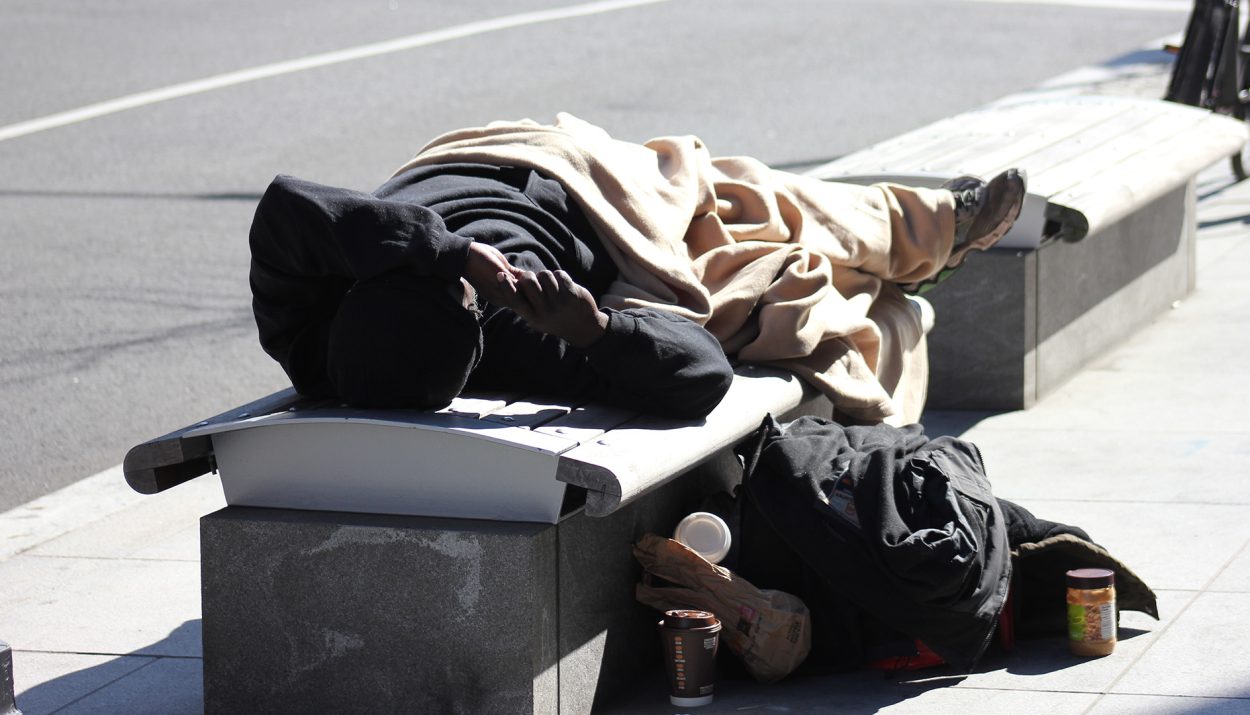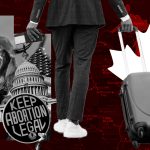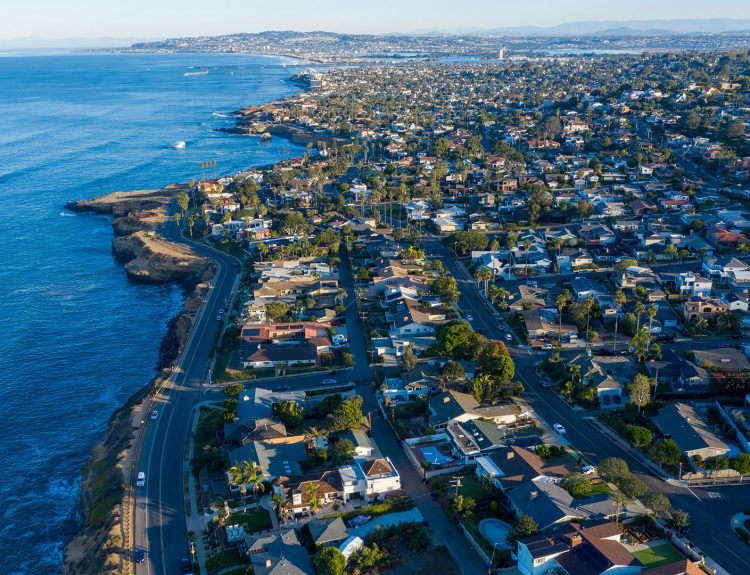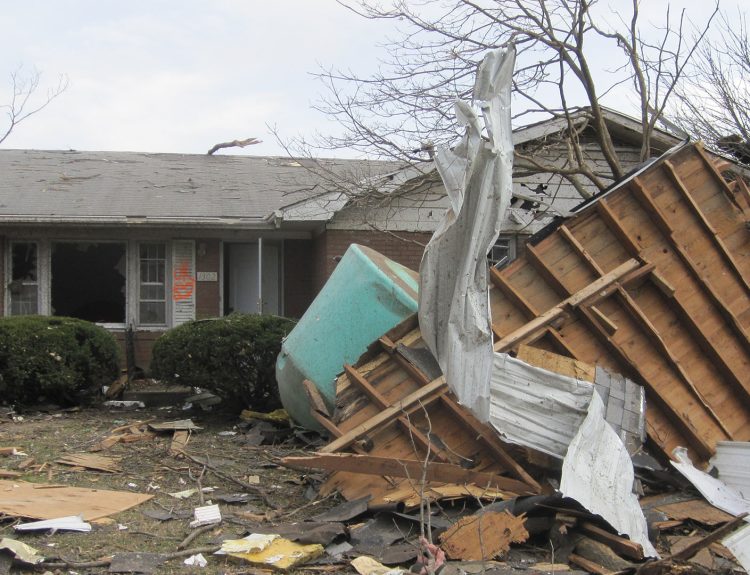Florida is cracking down on homelessness. A new bill passed by state lawmakers aims to ban thousands of homeless people from sleeping or camping in public spaces.
If signed into law by Governor Ron DeSantis, a supporter of the bill, counties could force the homeless into government-run encampments for up to a year. The bills ackers say the bill will curb problems with homeless camps in parks and other public areas.
Providing Temporary Housing
The new law will allow counties to designate areas where homeless individuals can set up temporary encampments for up to a year, with approval from the state Department of Children and Families.
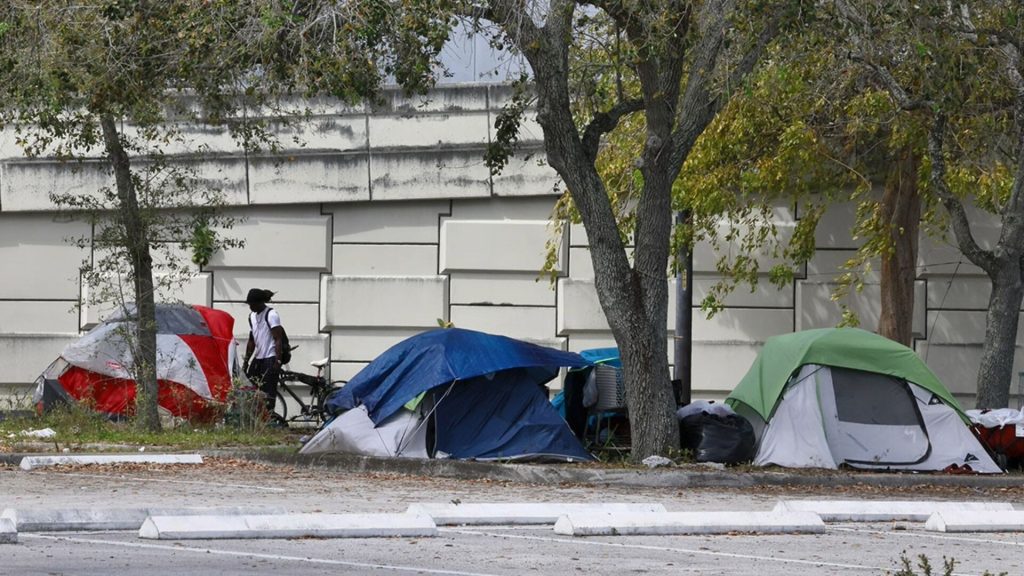
These government-sanctioned encampments must prohibit alcohol and drug use. Supporters argue these encampments will make it easier to provide local services to homeless populations by consolidating them in one location.
Pushing Homelessness Out of Sight
However, opponents argue the law is simply an effort to remove homeless individuals from public view without providing long-term solutions.
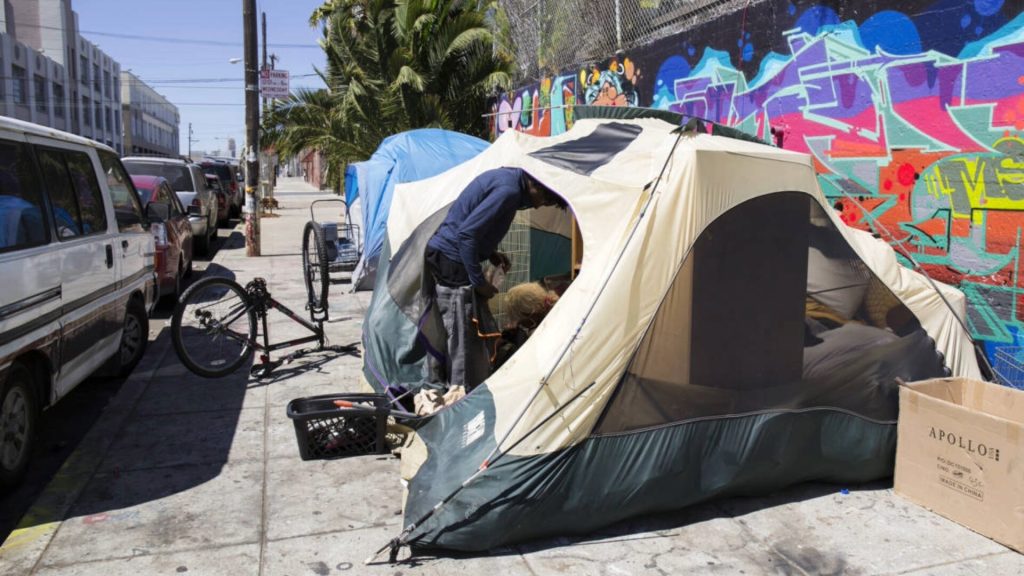
“This bill does not, and will not address the more pressing and root cause of homelessness,” said Democratic Sen. Shevrin Jones. “We are reshuffling the visibility of unhoused individuals with no exit strategy for people who are experiencing homelessness.”
Safety and Sanitation Concerns
Critics also worry there are no provisions ensuring children and sexual offenders will be housed separately or that the encampments will be safe, sanitary living environments.
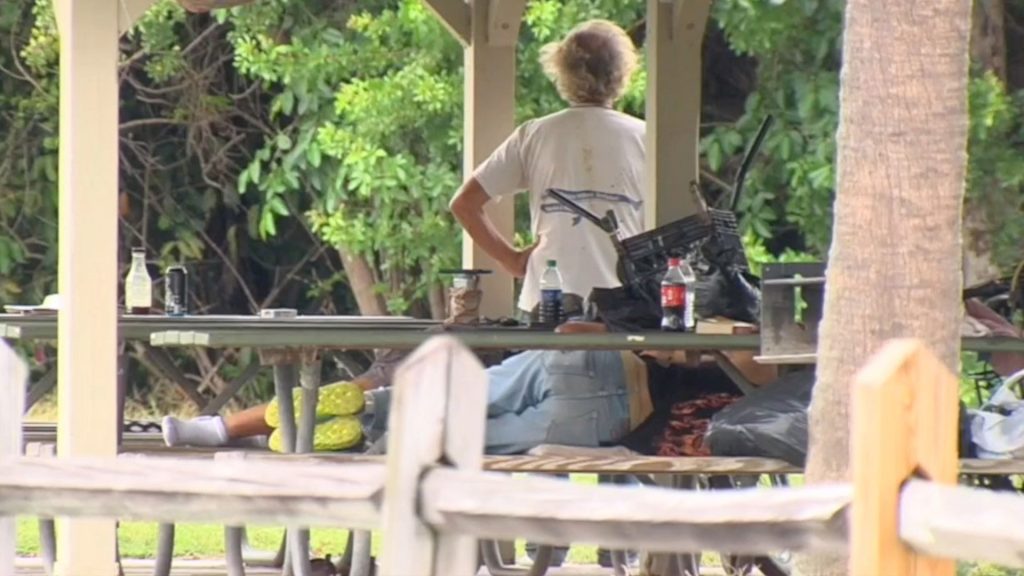
The law broadly defines “public camping” as residing overnight in a temporary shelter like a tent, having bedding materials like pillows, or storing personal belongings in a public space.
Improved Access to Services
By designating specific areas for the homeless to set up camp, supporters believe providing essential services to those in need will be easier.
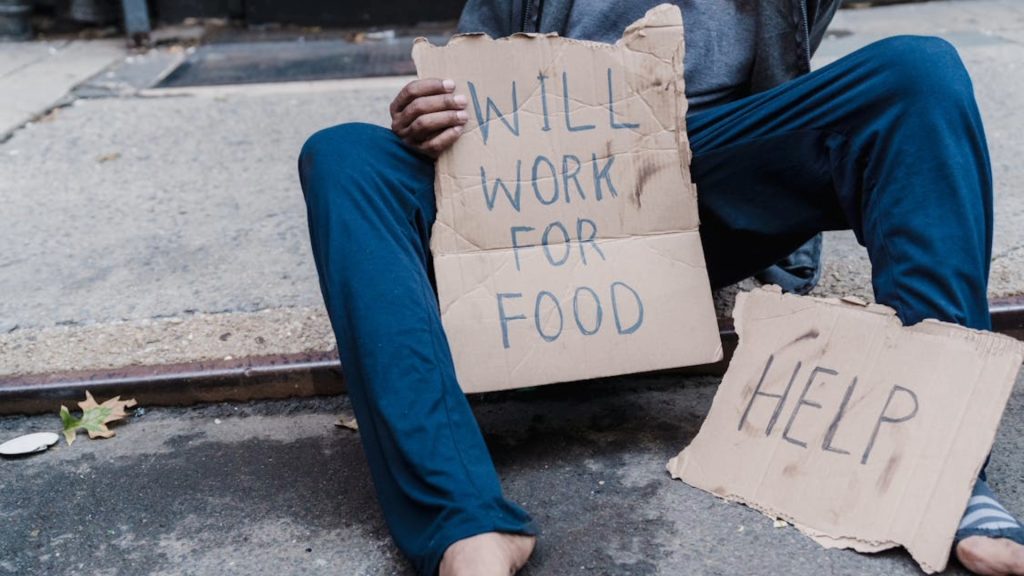
Local organizations and government agencies will know exactly where to locate the homeless population to offer resources such as food, healthcare, job opportunities, and substance abuse treatment.
Addressing Public Health and Safety Concerns
Some proponents of the bill argue that allowing homeless encampments on public property can lead to unsanitary conditions that threaten public health.
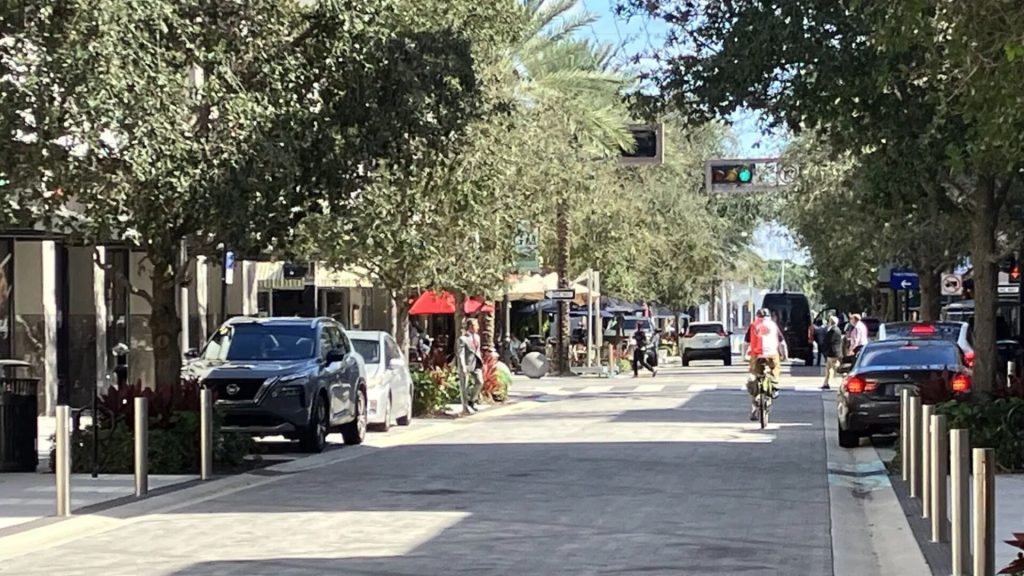
They claim that concentrated camps often lack proper waste disposal and access to hygiene facilities. There are also concerns about an increased risk of violence, crime, and the spread of disease in these ad hoc communities.
Discouraging Homelessness
A few supporters suggest that some homeless individuals may be motivated to seek shelter and services from local organizations by banning public camping.
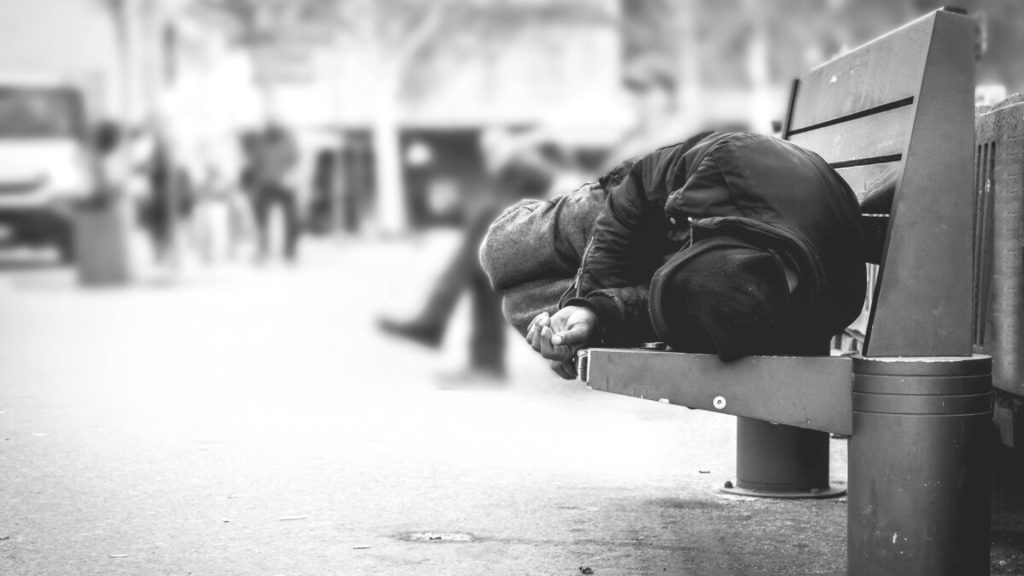
They believe prohibiting makeshift encampments and sleeping on public property could discourage homelessness by making these lifestyles less convenient or appealing. However, critics argue there is little evidence to support this view and that it fails to address the underlying causes of homelessness.
What Does Florida’s New Law Ban?
The new law effectively makes it illegal for homeless individuals to sleep or camp in public spaces across Florida.
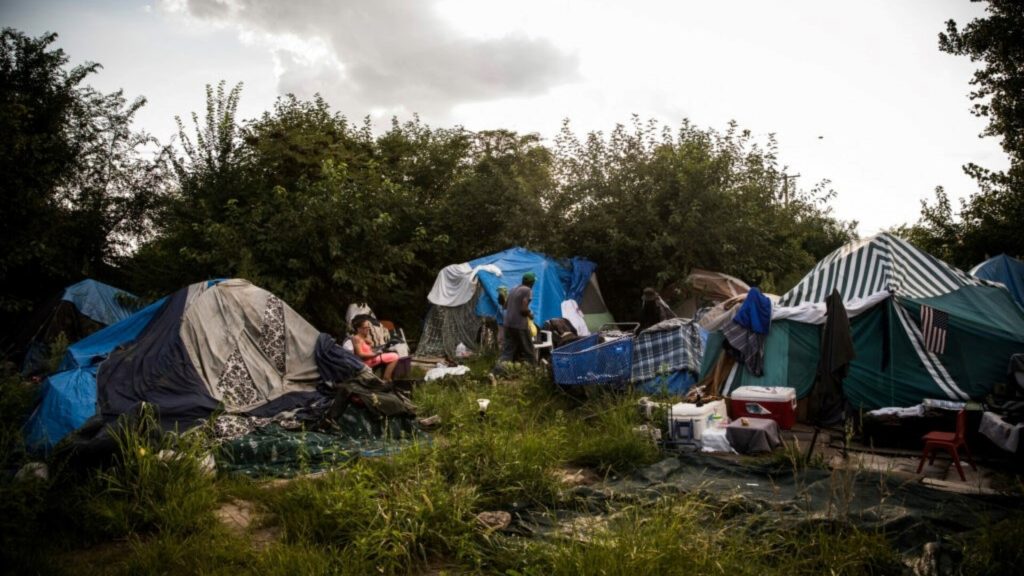
Specifically, it prohibits setting up temporary shelters like tents on public property or parks, as evidenced by items such as bedding, pillows, or personal belongings. However, the law does not apply to people sleeping in legally parked vehicles.
Concerns Raised by Opponents of the Ban
Designating temporary encampments does not provide a sustainable solution for those experiencing homelessness to improve their situation.
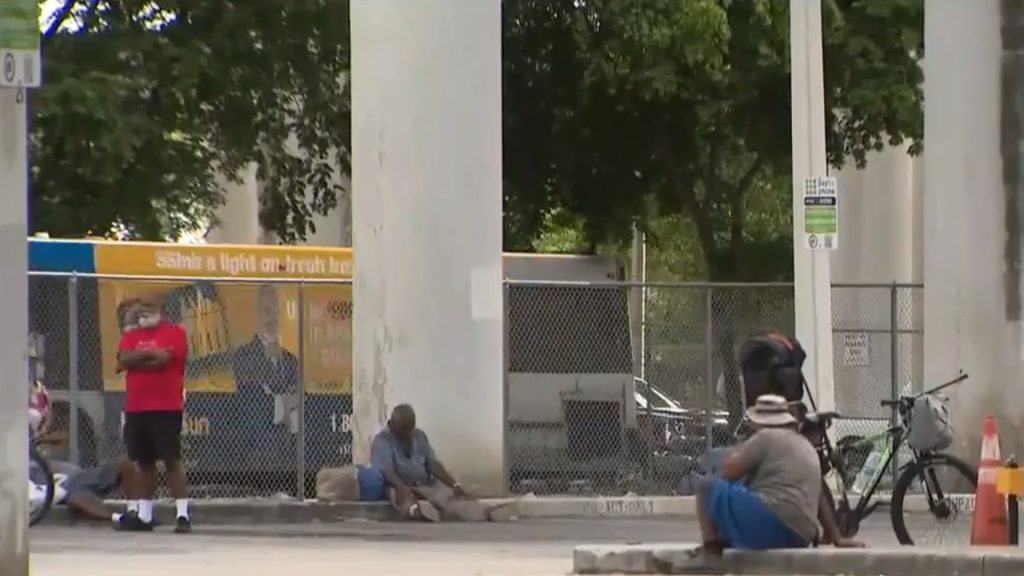
As Senator Jones said, “This bill does not, and it will not address the more pressing and root cause of homelessness.” Moving people from public view does not help them secure stable housing or employment in the long run.
Safety and Security Issues
Critics point out that the bill lacks provisions ensuring the government-sanctioned encampments will be safe, hygienic environments.
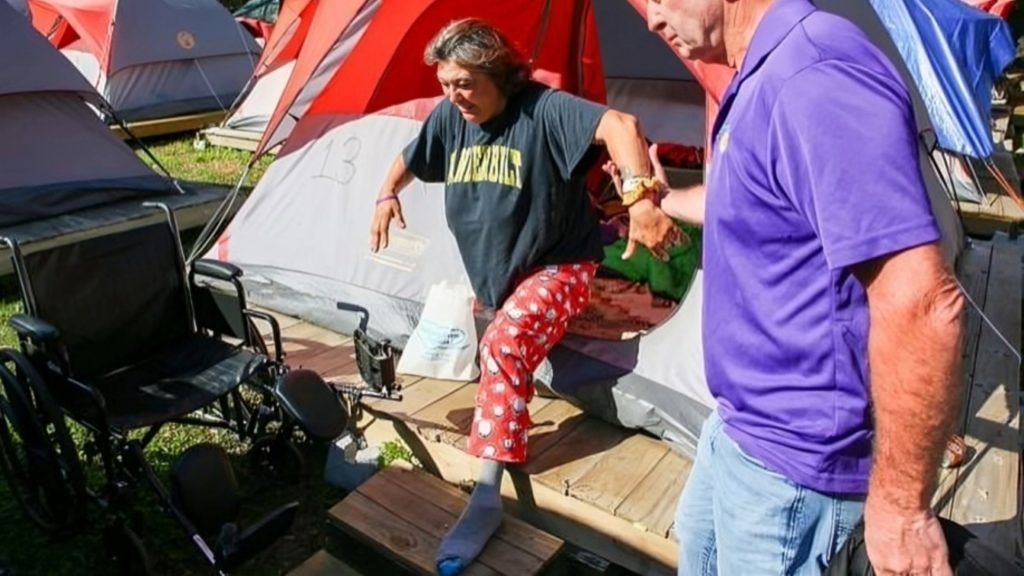
ImageThere are no guarantees children and sexual offenders will be housed separately or that the sites will have adequate security and supervision. Homeless individuals, especially vulnerable groups like families, children, the elderly, and the disabled, could face health and safety risks in these temporary shelters.
Lack of Proper Infrastructure and Facilities
Government-designated homeless encampments often lack proper infrastructure and facilities to support residents long-term.
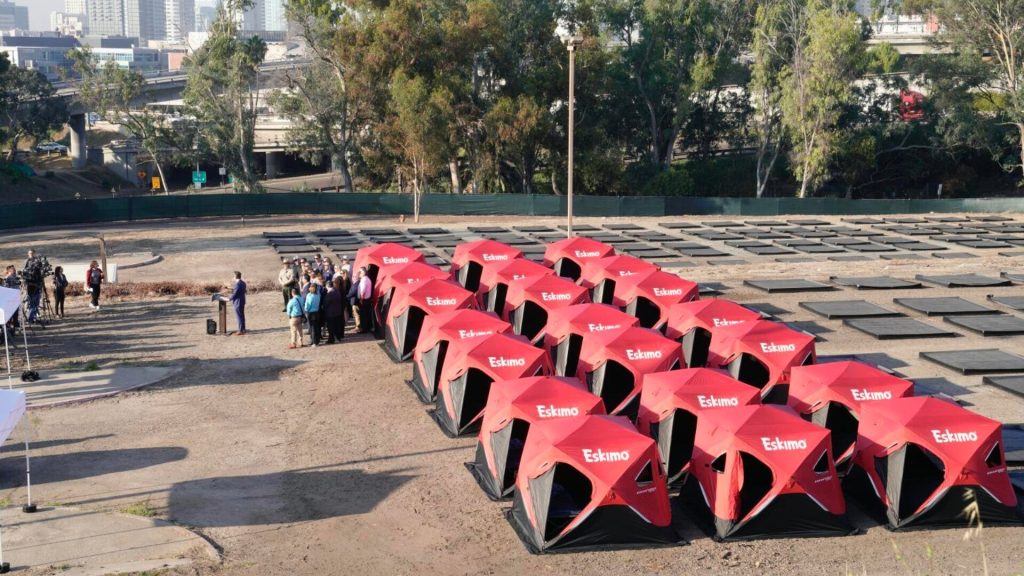
Running water, electricity, bathrooms, and security are frequently missing or inadequate. Without these necessities, the sites can quickly become unsanitary and unsafe.
Why Some Argue the Ban Does not Address Root Causes
Opponents of the bill argue that simply banning homeless individuals from sleeping in public places will not help solve the underlying issues that lead to homelessness.
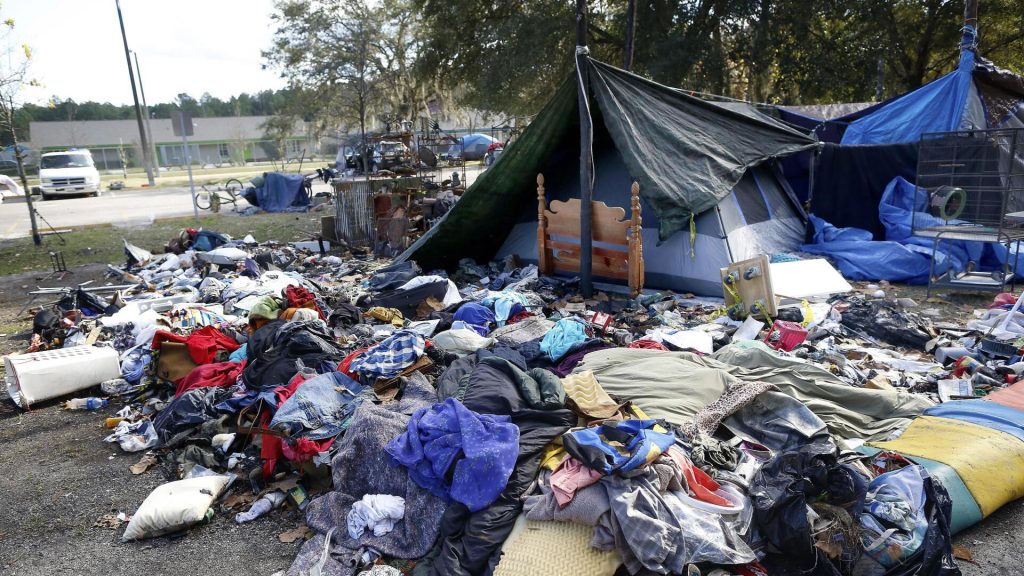
Homelessness is often the result of larger societal problems like lack of affordable housing, poverty, untreated mental health issues, or substance abuse disorders.
The Scope of Florida’s Homelessness Crisis
Florida has struggled with providing shelter and resources for its large homeless population for decades.
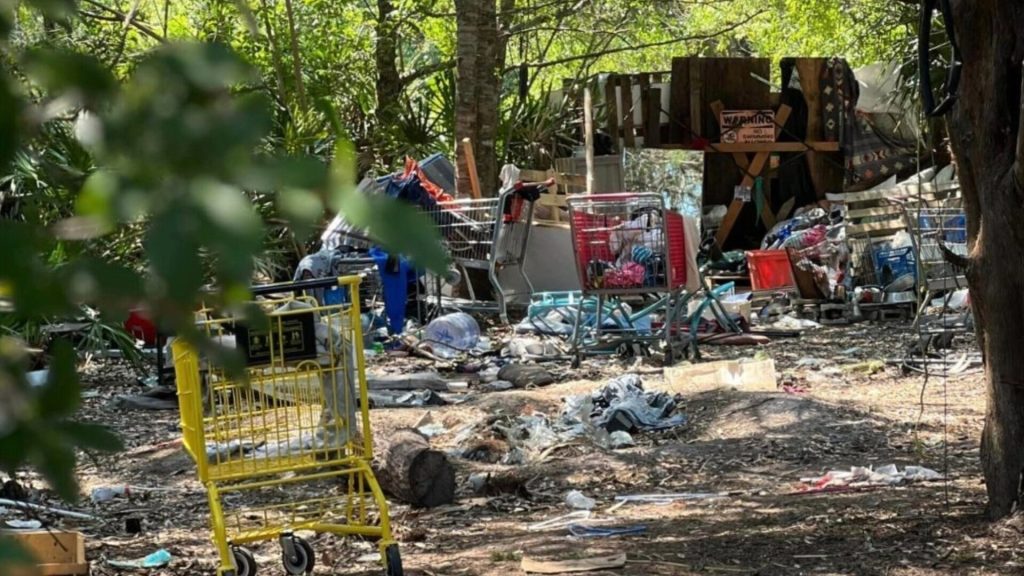
According to recent estimates, about 30,000 Floridians are homeless on any given day, with nearly half lacking access to shelters. This crisis has only been exacerbated by the economic fallout from the COVID-19 pandemic.
Other Ways Florida Could Address Homelessness
Rather than banning homeless individuals from public spaces, the government could fund temporary housing programs and additional homeless shelters.
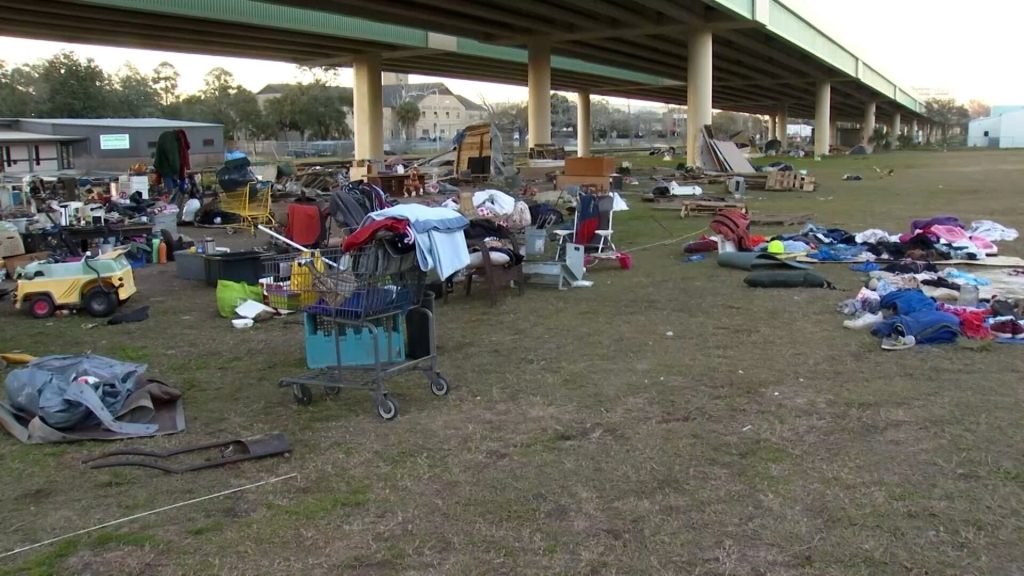
Temporary housing programs, like rapid rehousing, provide short-term rental assistance and case management to help homeless individuals find and retain permanent housing.
The Bill Remains Controversial
Opponents argue this bill fails to ensure the health and safety of some of Florida’s most vulnerable citizens. There are no guarantees that children, families, and individuals will be housed separately from registered sex offenders or those suffering from substance abuse disorders or mental health issues.
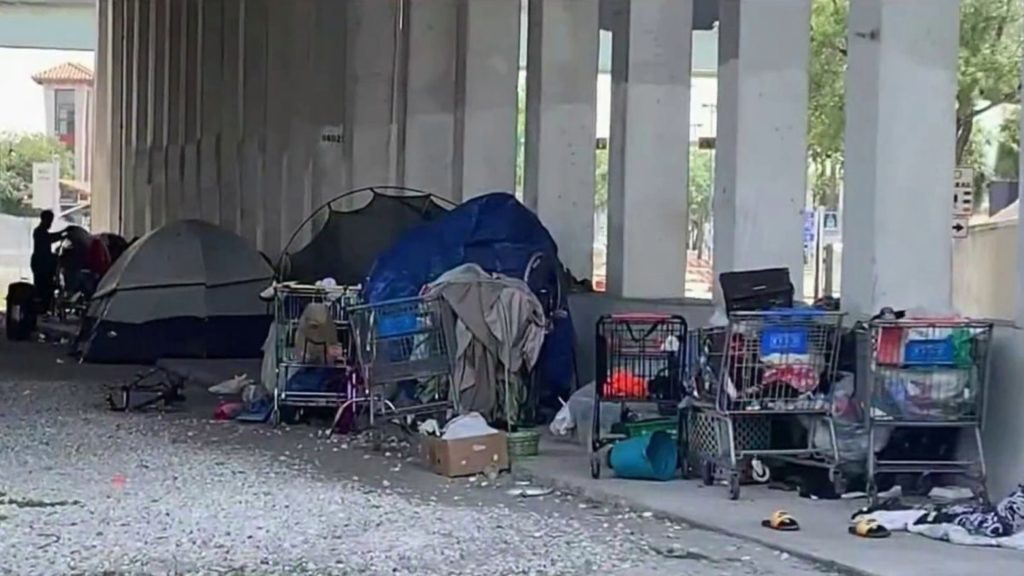
The designated encampments may lack access to sanitation, hygiene, and medical services.Supporters counter that consolidating homeless individuals into managed encampments will make providing access to local resources and temporary housing easier.

